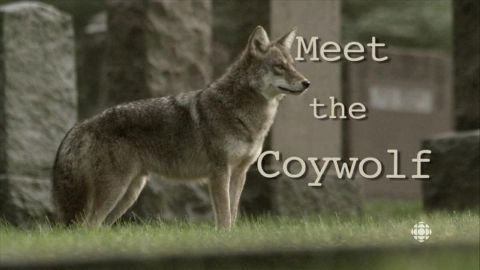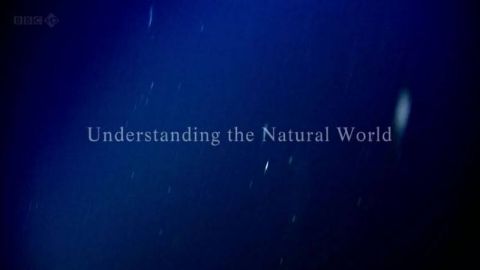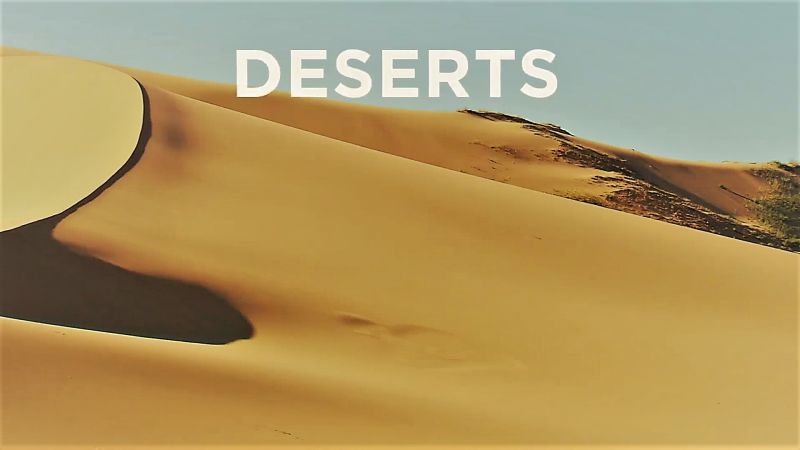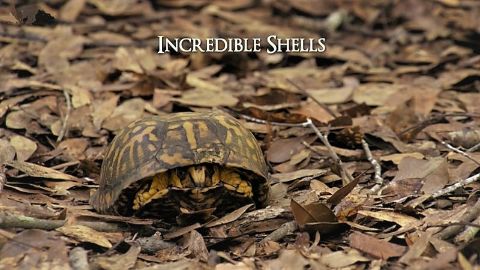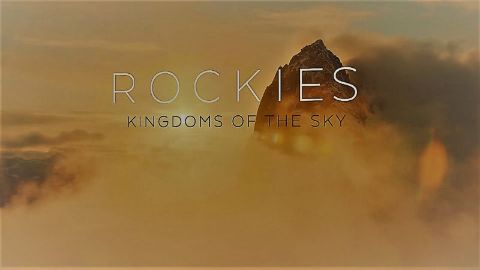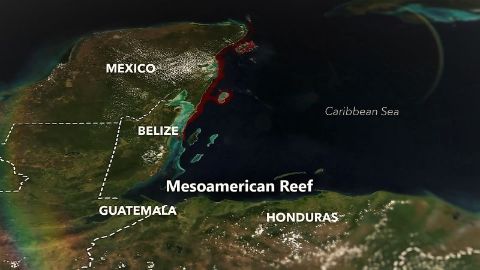Toughest Spring • 2016 • episode "S1E2" • Yellowstone: Wildest Winter to Blazing Summer
The story of animals surviving one of the harshest seasonal changes on the planet continues. As winter turns to spring, temperatures rise and Yellowstone bursts into life. Beavers feast on new green shoots, baby bison take their first faltering steps and grizzly bear cubs emerge from dens to explore this new green world. But spring is also a perilous time. Wolves are hungrier than usual after slim winter pickings. And rising temperatures melt the vast mountain snow pack, sending a million tons of water flooding into the rivers. Only the toughest will survive.
Make a donation
Buy a brother a hot coffee? Or a cold beer?
Hope you're finding these documentaries fascinating and eye-opening. It's just me, working hard behind the scenes to bring you this enriching content.
Running and maintaining a website like this takes time and resources. That's why I'm reaching out to you. If you appreciate what I do and would like to support my efforts, would you consider "buying me a coffee"?
Donation addresses
BTC: bc1q8ldskxh4x9qnddhcrgcun8rtvddeldm2a07r2v
ETH: 0x5CCAAA1afc5c5D814129d99277dDb5A979672116
With your donation through , you can show your appreciation and help me keep this project going. Every contribution, no matter how small, makes a significant impact. It goes directly towards covering server costs.



